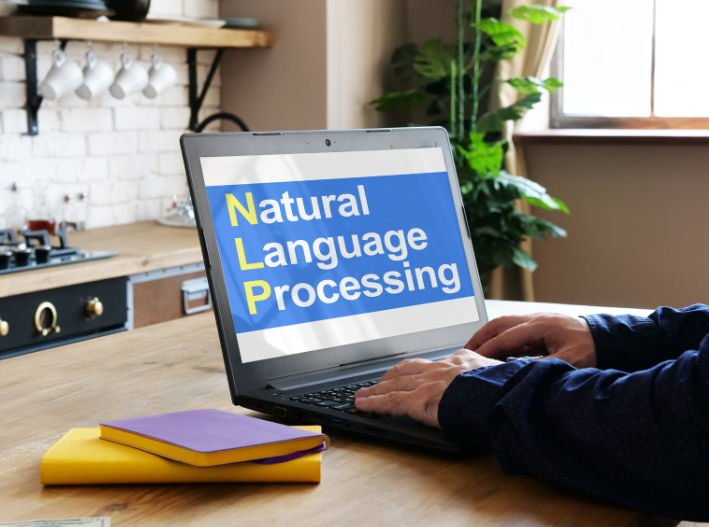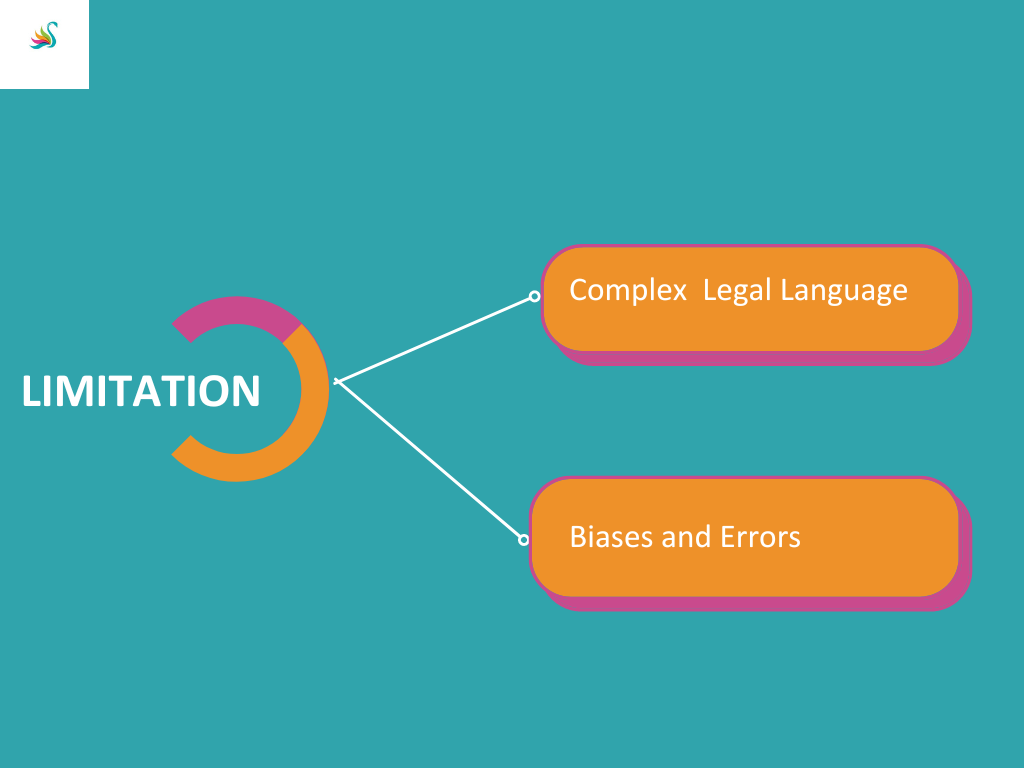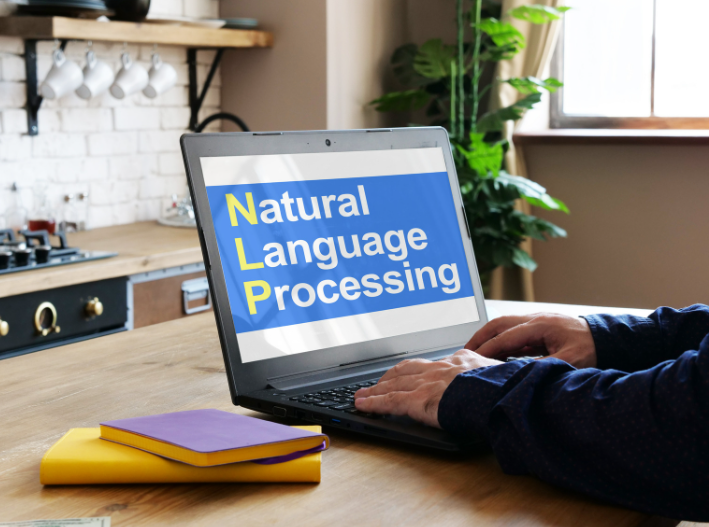Natural Language Processing in Contract Review

Introduction:
Natural Language Processing (NLP), a subset of artificial intelligence, has emerged as a transformative solution in contract review processes. (NLP) has emerged as a powerful tool in contract review, revolutionizing the way contracts are analyzed and processed. NLP techniques enable the automated extraction, analysis, and understanding of contractual language, saving time, reducing errors, and improving efficiency in contract management.
How is NLP applied in contract reviews ?

1. Contract Analysis: NLP algorithms can analyze contracts to extract key information such as parties involved, obligations, payment terms, effective dates, and legal clauses. This automated extraction process eliminates the need for manual review, significantly reducing the time and effort required to understand contract details.
2. Clause Identification: NLP can identify and classify specific clauses within contracts. By training NLP models on large contract datasets, they can recognize and extract clauses related to termination, indemnification, intellectual property, dispute resolution, and more. This enables contract reviewers to quickly locate and analyze specific clauses, ensuring thorough examination and understanding.
3. Risk Assessment: NLP algorithms can assess and quantify risk within contracts. By analyzing contractual language, NLP can identify potential risks, such as ambiguous terms, non-standard provisions, or unfavorable clauses. This helps contract reviewers prioritize their attention, focusing on contracts with higher risk levels and facilitating informed decision-making.
4. Compliance Monitoring: NLP can aid in compliance monitoring by automatically identifying clauses or terms that violate regulatory requirements or company policies. By comparing contract language against predefined compliance rules, NLP systems can flag potential compliance issues, enabling contract reviewers to address them promptly.
5. Contract Abstraction: NLP can extract essential information from contracts and create structured summaries or abstracts. This abstraction process condenses lengthy contracts into concise summaries, highlighting critical details such as parties, obligations, and key terms. Contract abstracts assist in quickly understanding the main points of a contract, facilitating decision-making and contract comparison.
6. Language Translation: NLP techniques can be used to translate contracts written in different languages into a common language for review. This is particularly useful in international contract management, where contracts may be written in multiple languages. NLP-powered translation enables contract reviewers to analyze and understand contracts in their preferred language, overcoming language barriers and streamlining the review process.
Benefits of NLP in contract review

1. Improved Efficiency: Unlike manual reviews, NLP algorithms can process large volumes of contracts in a fraction of the time. This significantly reduces the burden on legal teams, allowing them to focus on higher-value tasks.
2. Enhanced Accuracy: NLP algorithms are designed to identify patterns, clauses, and deviations from standard contract terms. These technologies minimize the likelihood of human error, ensuring greater compliance and minimizing legal risks.
3. Cost-Effectiveness: By automating the contract review process, organizations can experience substantial cost savings. They can redeploy legal resources to more strategic initiatives, resulting in improved productivity and reduced expenses
4. Enhanced Contract Intelligence: NLP enables the extraction of meaningful insights from contracts, providing a deeper understanding of contractual obligations, risks, and opportunities. This helps contract reviewers make informed decisions, negotiate better terms, and identify potential issues or opportunities.
5. Scalability: NLP algorithms can process large volumes of contracts quickly and efficiently, enabling organizations to manage a higher number of contracts within the same timeframe. This scalability is particularly valuable for businesses dealing with a substantial contract portfolio.
Case Studies and Statistics:
a) Case Study: A global financial institution implemented NLP technology to review loan agreements and identify key contractual terms. This solution reduced review time by 80%, resulting in significant cost savings and increased compliance.
b) Statistics: According to a study by McKinsey, organizations utilizing NLP technology in contract management saw up to a 50% reduction in contract review time. Additionally, AI-powered contract review platforms achieved an accuracy rate of 95-99%, outperforming traditional manual reviews.
Limitations and Potential Drawbacks:

1.Complex Legal Language: NLP algorithms may struggle with the nuanced interpretation of complex legal language and the context in which it is used. Human expertise is often required to fully comprehend the intricacies of legal agreements.
2. Biases and Errors: NLP algorithms are trained on existing data, which may contain inherent biases. Prejudiced language or discriminatory clauses may be overlooked or inaccurately flagged. Human review is essential to ensure fairness and legal compliance
Future Potential and Challenges:
NLP in contract review is poised for significant growth and advancement. However, challenges lie ahead, such as adapting to legal language evolution, addressing biases, and improving the interpretive capabilities of algorithms. Combining NLP with human expertise in complex legal matters will maximize its potential.
Conclusion:

Natural Language Processing has revolutionized contract review, enabling organizations across industries to streamline their operations, improve compliance, and drive cost savings. While NLP exhibits remarkable potential, it must be seen as a tool to augment human expertise rather than replace it in the interpretation of complex legal language. As technology continues to evolve, finding a balance between automation and human intervention will become crucial for maximizing the benefits of NLP in contract review.
